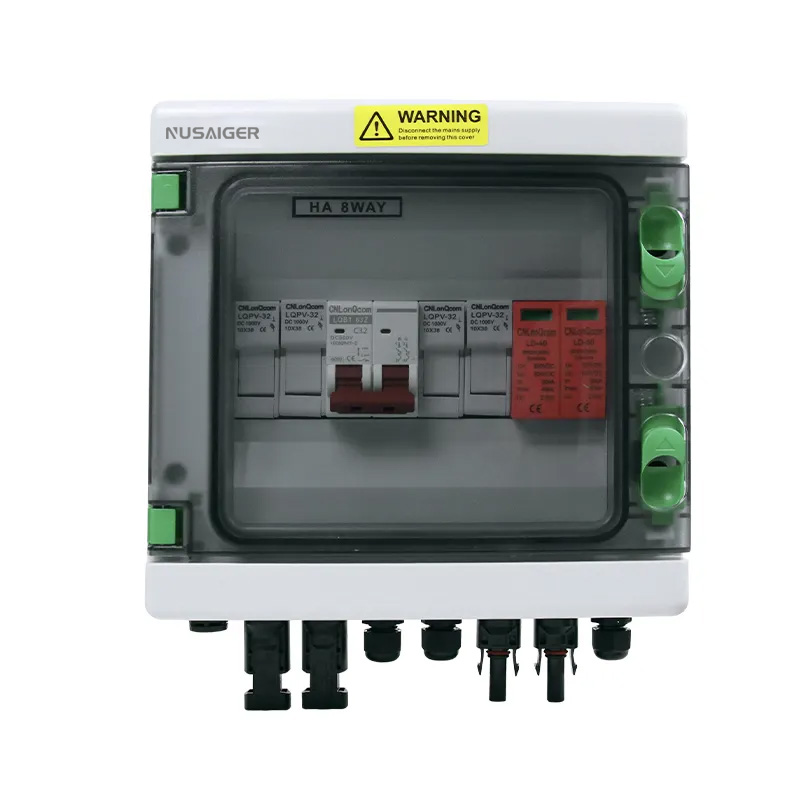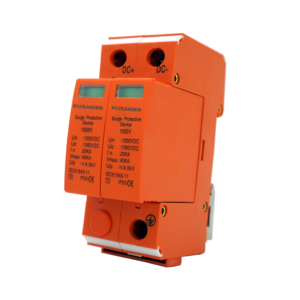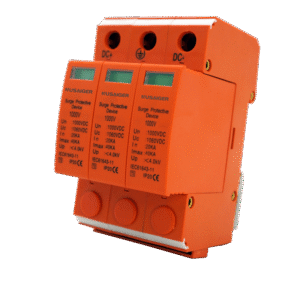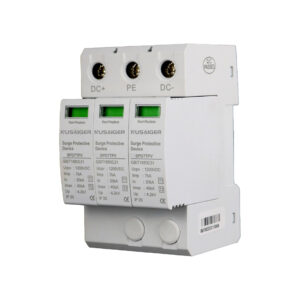Weatherproofing in PV Combiner Boxes: A Critical Factor for Outdoor Solar Installations
Outdoor PV combiner boxes face harsh environmental conditions—rain, dust, UV radiation, extreme temperatures, and even rodents. Proper weatherproofing is not a luxury but a necessity to ensure system reliability.
1. Importance of Ingress Protection (IP) Rating
Choose enclosures with at least an IP65 rating, ensuring protection against dust and water jets. Higher ratings like IP66 or IP67 are preferred for heavy industrial or coastal environments.
2. Sealing and Gasket Quality
Rubber or silicone gaskets must remain flexible over years of temperature cycling. High-quality seals prevent water ingress that could damage internal electronics.
3. UV and Corrosion Resistance
Materials such as fiberglass-reinforced plastic (FRP) or coated stainless steel resist UV degradation and rust. This prevents structural damage and prolongs box life.
4. Ventilation Without Compromise
Properly designed breathable vents or filters allow heat dissipation while blocking dust and moisture—critical for internal thermal regulation.
5. Regular Inspection and Maintenance
Even the best-sealed boxes require periodic checks to ensure gaskets haven’t degraded or fittings haven’t loosened. Preventive maintenance is key to longevity.
Conclusion
Weatherproofing directly impacts the lifespan and safety of your solar system. Always choose PV combiner boxes specifically engineered for outdoor environments to safeguard your investment.



